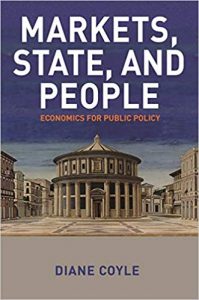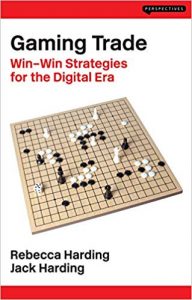This year’s Festival of Economics in Bristol is fast approaching (there are still some tickets available), and we have a wealth of treats including keynotes from Mark Carney, Danielle Walker, Deborah Hargreaves and Carl Frey. There are Ask an Economist sessions, and the Talking Politics podcast live with David Runciman (with Rana Foroohar, Carl Frey and me).
The subjects range from China, through the economics of social media and the digital giants, to the inclusive eonomy and the ‘left behind’ places, from genetics and economics to employee-owned businesses to the economics of social care.
To whet everyone’s appetites, here are the recent and new books authored by this year’s participants. A little pre-reading to whet the appetite….
Red Flags by George Magnus
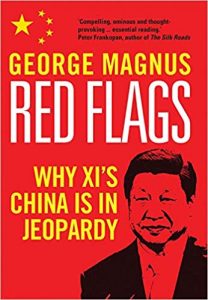 Women vs Capitalism by Vicky Pryce
Women vs Capitalism by Vicky Pryce
The Technology Trap by Carl Frey
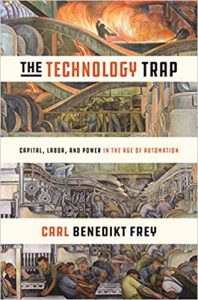 The Business of Platforms by Anabelle Gawer with co-authors Michael Cusumano and David Yoffie
The Business of Platforms by Anabelle Gawer with co-authors Michael Cusumano and David Yoffie
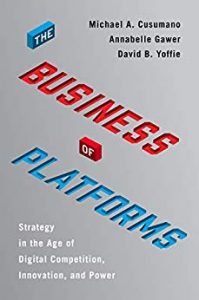 Don’t be Evil: The Case Against Big Tech by Rana Foroohar
Don’t be Evil: The Case Against Big Tech by Rana Foroohar
 Britain by Numbers by Stuart Newman
Britain by Numbers by Stuart Newman
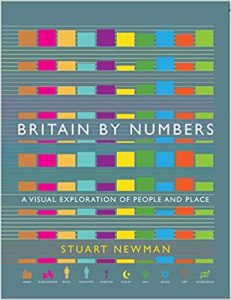 Prosperity for All by Roger Farmer
Prosperity for All by Roger Farmer
Wilful Blindness by Margaret Heffernan
Where Power Stops by David Runciman
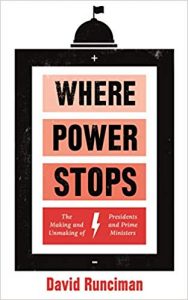 Rethinking Development and Politics by Meghnad Desai
Rethinking Development and Politics by Meghnad Desai
A Grand Success by Aardman’s David Sproxton with co-author Peter Lord
Social Economics by Joan Costa-font
Last but far from least, my new book, Markets, State and People: Economics for Public Policy is out in January.

